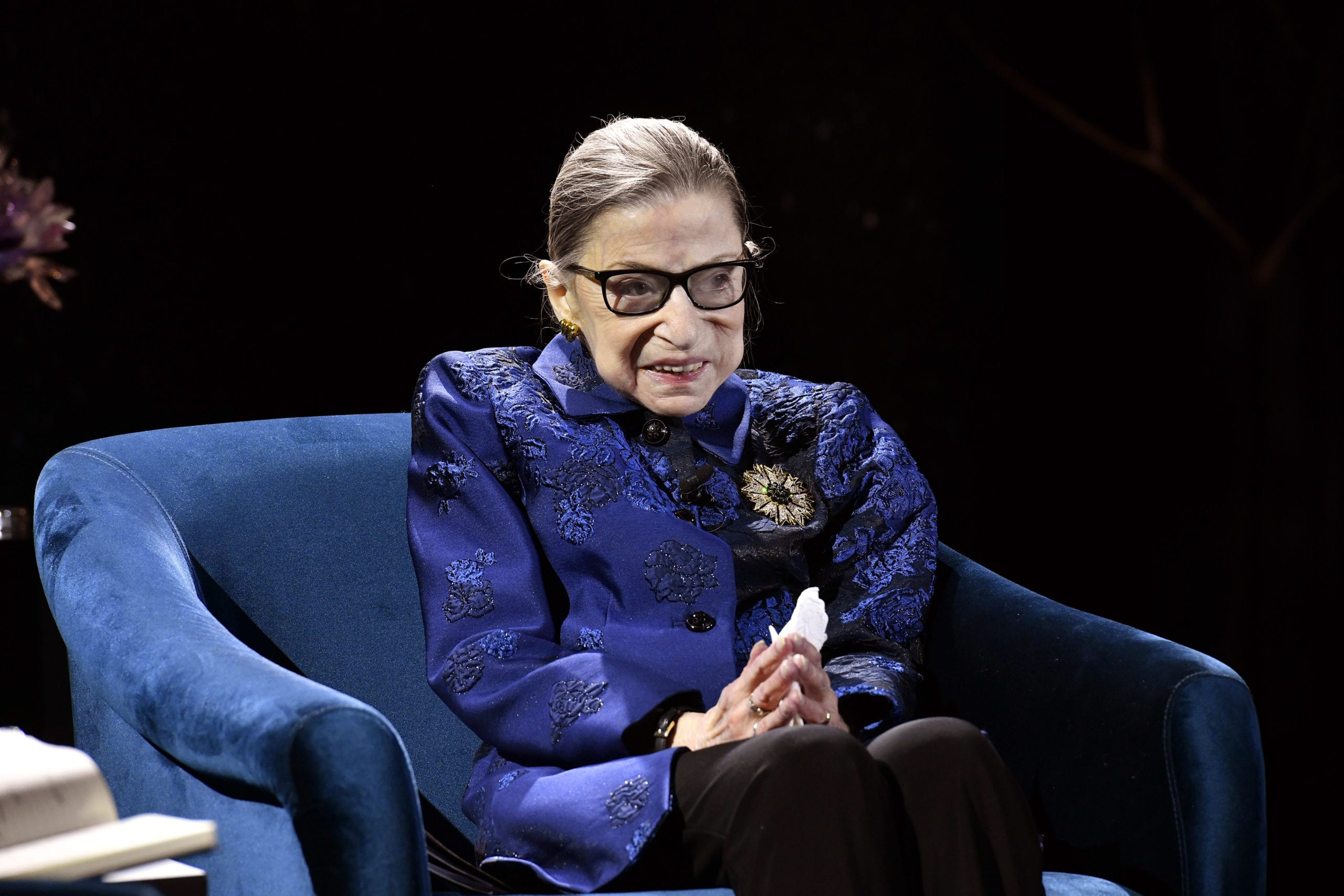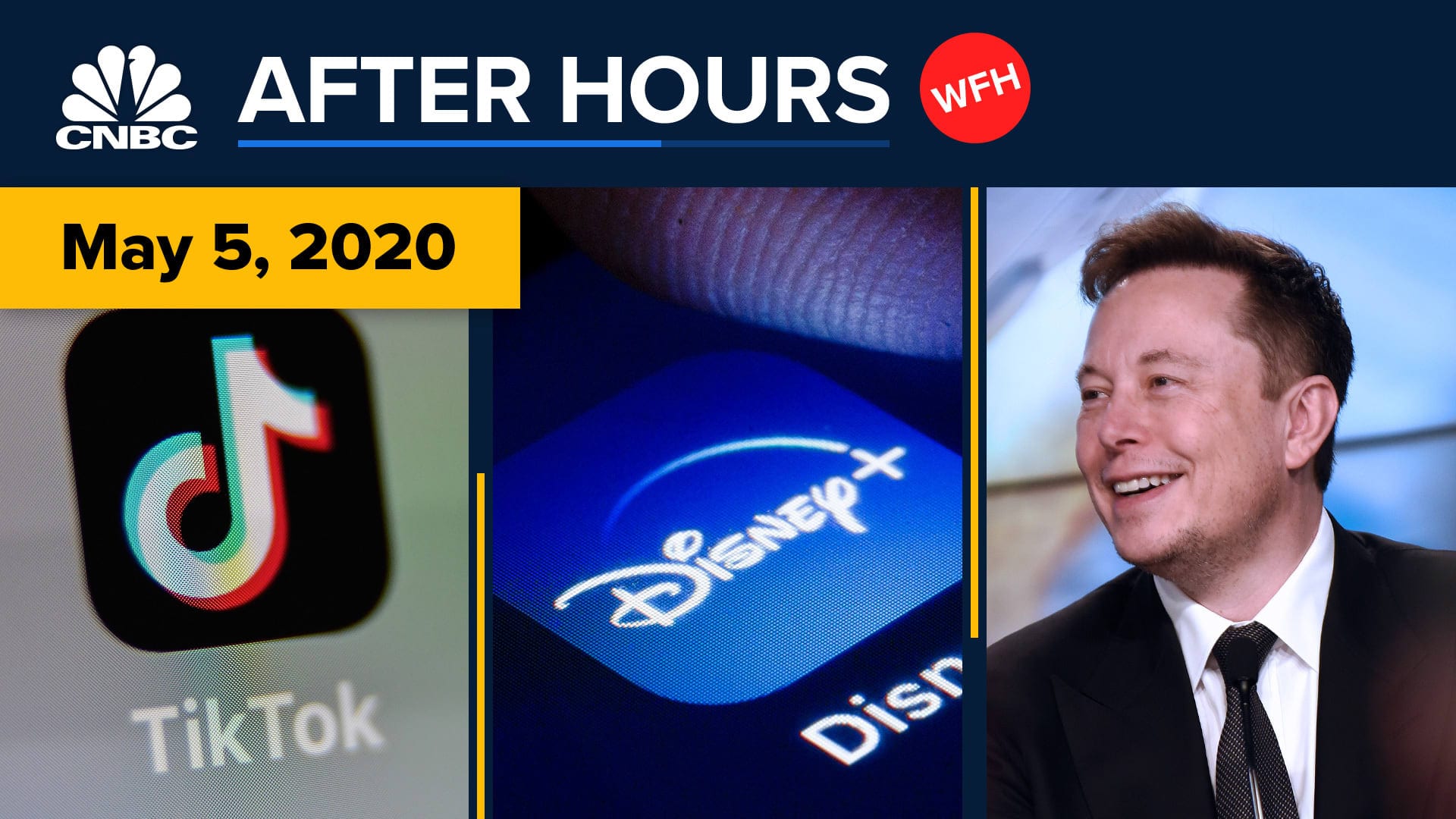[ad_1]
Grocery store workers and others stage a protest rally outside the Whole Foods Market, in the South End of Boston, to demand personal protective equipment, added benefits if needed and hazard pay, during the coronavirus pandemic on Apr. 7, 2020.
Pat Greenhouse | Boston Globe | Getty Images
A Target worker in Virginia wearing his own mask, gloves and safety glasses said he felt helpless recently when customers swarmed him as he organized a clearance area. Another Target worker, a cashier in North Carolina, said he welcomed the installation of plexiglass partitions at the registers over a week ago, but said they should have come sooner. A Whole Foods worker in Portland said she and some of her colleagues are feeling “scared, angry and devastated” after a fellow employee died from the coronavirus last week.
To convey their concerns, they plan to call out of work Friday as part of a nationwide employee “sickout” involving Target and Whole Foods, as well as Amazon, Instacart, FedEx and Walmart.
More from NBC News:
While Trump minimizes the toll, government orders 100,000 new body bags
‘What is it about their immune system?’ Rare complication seen in some kids
Trump says the US ready to contain COVID-19 with contact tracing. Experts disagree.
The grassroots effort — the latest example of a wave of worker activism during the coronavirus crisis — is asking customers to boycott those companies’ local stores and services Friday to coincide with International Workers’ Day, also known as May Day, which in a normal year is marked by massive labor rights demonstrations in major cities.
“As workers, we have agency, we have the ability to change things, and we don’t have to be passive spectators in our political and social lives,” said Adam Ryan, a Target employee in Christiansburg, Virginia, and a liaison with Target Workers Unite, a rank-and-file initiative supporting the sickout.
While it’s unclear how many Target employees, along with those working for other companies, will stay home, Ryan said there are at least 100 Target stores and distribution centers where at least one worker has agreed to a sickout pledge.
The company said in a statement that concerns are being raised by a “very small minority” of its 340,000-member front-line workforce.
This latest incarnation of worker solidarity comes at a precarious moment for the broader labor movement, labor studies experts say, as the pandemic has led to tens of millions of Americans filing for unemployment and could gut or radically alter countless industries for years to come.
While these workers, lauded for being essential and risking their own health during the global crisis, may win protections and benefits, the changes are not guaranteed or permanent, according to Janice Fine, the director of research and strategy at the Center for Innovation in Worker Organization at Rutgers University.
Recessions, like the one many economists believe the U.S. is already in, puts workers, especially lower-wage ones, at a disadvantage, she added.
“Given how bad it’s going to be, we can expect more worker exploitation, a greater degree of wage theft and a lower level of power on the part of workers,” Fine said. “In a situation like that, where you have a lot of workers looking for employment, it makes the ability of collective action so much harder. On the other hand, because we don’t know yet to what depths the recession will reach, COVID-19 means all bets are off.”
Worker concessions
These “sickout” protests follow earlier efforts, including some Instacart shoppers and Whole Foods workers staying home in late March and hundreds of Amazon tech and fulfillment center employees calling out last week to protest what they say are unsafe and unethical working conditions.
To acknowledge and compensate workers for the risks involved at jobs that require public interaction, several large retailers and supermarkets have offered bonuses and wage hikes.
At Target, workers in April were given masks and gloves to wear, signs were hung and floor decals placed to encourage customers and workers to stay 6 feet apart, and contactless order pickup has been made available. The big-box retailer has also extended its temporary $2 an hour wage increase to May 30, and will continue to provide other benefits, including free back-up care for employees who need help with children or elderly family members and 30-day paid leave for employees who are elderly, pregnant or have certain underlying health conditions.
The investment is worth at least $300 million, and while Target CEO Brian Cornell said last week that online sales have surged, he warned the company will see lower profits because of coronavirus-related costs.
Four Target workers who plan to call out Friday told NBC News they are protesting the slashing of hours, unstable schedules, and the need for greater health benefits. They also said the company had initially rebuffed attempts by employees to wear masks and that the “hazard pay” increase of $2 an hour was already in the works apart from the pandemic. They added that they’re concerned about a flood of customers when they reopen the Starbucks kiosks within Target stores in coming weeks.
A Target spokeswoman said in an email that the hourly wage increase was provided “to recognize the significant contributions our front line team members are making.”
Andrew Stacy, who averages about 30 hours a week at his Indianapolis store, said that although he enjoys his job and the people he works with, he wants to send a message to those who are making decisions: “This is being misconstrued as a bunch of people complaining about their job. But I just want it to be safe for all of us.”
Employees at Targets in Chicago; El Paso, Texas; Fargo, North Dakota; and Pensacola, Florida, have tested positive for COVID-19, the disease caused by the coronavirus, in recent days.
With the flush of stimulus checks to American households, workers have noticed a surge in shopping.
Some workers have suggested limiting foot traffic inside stores or closing stores to customers in favor of online ordering and drive-up service only. Policies surrounding closing access to stores, however, have been found to disadvantage people who don’t have internet access, can’t afford online ordering fees or are on food stamps.
Target said that it began requiring masks when federal guidance changed and that “when concerns have been brought to our attention, we’ve taken additional action, including increasing the frequency of overhead announcements and adding more signage.”
But Cassidy Melczak, who works in the electronics department of a Target outside Charlotte, North Carolina, said customers have largely failed to change their behaviors in stores, while masks are being improperly worn and employees remain confused about policy changes. Customers are coming in, she added, but just to get their hands on the latest Nintendo Switch.
“They call us essential workers,” Melczak said, “but I think what they really mean is disposable.”
Amazon warehouse workers have put out their own demands in recent weeks, including the release of more information about COVID-19 infections at facilities and for wage increases and paid sick days to become permanent.
A spokeswoman for Amazon, which also owns Whole Foods, said the company has made more than 150 changes to date and that all employees have been given masks, temperature checks, hand sanitizer and increased pay and time off. While Amazon has successfully staved off past attempts by workers to organize, there has been increasing pressure from leaders of America’s largest labor unions, as well as elected officials, to protect workers and not fire employees who’ve been critical.
“While we respect people’s right to express themselves, we object to the irresponsible actions of labor groups in spreading misinformation and making false claims about Amazon during this unprecedented health and economic crisis,” spokeswoman Kristen Kish said. “The statements made are not supported by facts or representative of the majority of the 500,000 Amazon operations employees in the U.S. who are showing up to work to support their communities.”
The role of unions
Typically, when the economy is doing well and the labor market is tight, workers’ wages improve and they have more bargaining power, Fine said.
In recent years, on the public sector side, teachers from West Virginia to Chicago have walked off the job and held multiday strikes to successfully win raises and contract deals. Meanwhile, drivers for Uber and Lyft, who are nonunionized and work as independent contractors, rallied for more rights.
Workers who were already organized before the pandemic were on better footing to ask for new safety measures and pay increases now, said John Logan, a professor and the director of labor and employment studies at San Francisco State University.
The United Food and Commercial Workers union, for instance, has seen its locals negotiate comprehensive safety agreements with supermarkets, including paying employees who have to self-isolate and paid breaks for employees to wash hands, and have pushed stores to limit the number of customers at a time and provide workers with personal protective equipment.
Logan said organized employees don’t have the same fear about demanding certain protections and benefits, and are in a position to negotiate for those again in future contracts. He added that large retailers where workers are not unionized also “can’t be expected to roll out safeguards” voluntarily or in a timely manner.
But even as workers continue protesting through sickouts and walkouts during the pandemic, Logan said there remains the “specter of pandemic-era unemployment as a way to get workers not to organize.”
In general, union membership has been hobbled in recent decades, falling from about 1 out of 5 workers in the early 1980s to now about 1 out of 10, federal data shows. The decline of the manufacturing industry and an increase in opposition lobbying have strained the movement, on top of more recent accusations that the Trump administration has willfully undermined worker protections.
Some unions will have to confront a harsh reality. UNITE HERE, which represents hotel, casino and service workers in Las Vegas, Atlantic City, New Jersey, and elsewhere, has seen 98 percent of its more than 300,000 members lose their jobs in the past two months.
Dermot Delude-Dix, a research analyst with the union’s local in Philadelphia, said despite the layoffs, UNITE HERE is helping workers through a relief fund to pay for food, rent and insurance, and is pushing to ensure workers can return to their jobs when businesses reopen and that their rights are protected if a business changes hands.
He predicts the “road to recovery will be long,” but remains optimistic that workers are in a stronger place to advocate for themselves because of what they’re enduring in their workplaces now.
“All of this has brought to the forefront how important these jobs are to our society and in the supply chain that runs from the meatpacking factories to the grocery stores to the grocery delivery services,” Delude-Dix said. “For some, the people behind these jobs are seen as human beings in the public eye for the first time. That’s powerful.”















